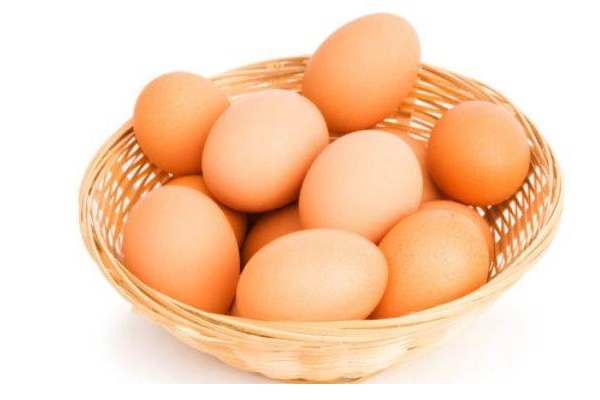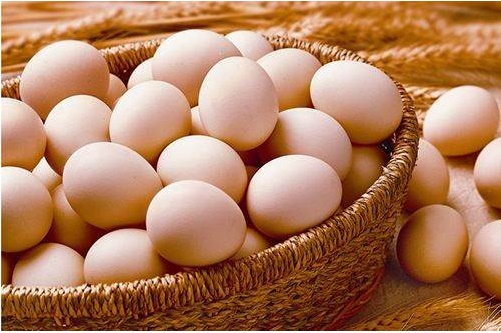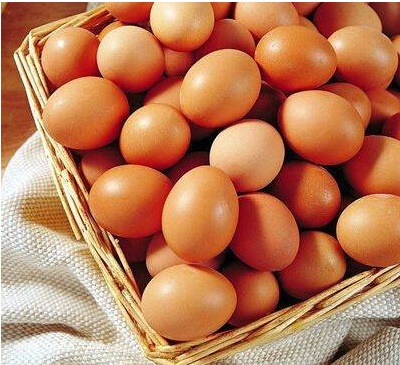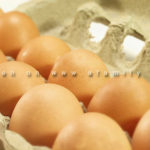Eggs are a familiar food for everyone. Many families have the habit of using eggs for breakfast because they are convenient, nutritious, and save cooking time. Although eggs are very popular, not everyone knows how to choose good ones and how to properly store them to keep them fresh. Usually, most people put eggs in the refrigerator for storage, but this is not the most correct method.

Follow the article below, and you will learn many useful tips on how to choose and store eggs properly.
1. Egg selection techniques
– It is not necessary to choose the biggest eggs; instead, choose ones that have the same size.
– Do not choose eggs that are too rough. It is best to choose eggs with smooth and even shells, as this indicates that they are laid by healthy hens.

– The fresher the eggs, the thicker the liquid inside, and when shaken vigorously, there will be no sound, which is very important.
– Tap the egg on a bowl, and if the yolk and egg white remain separate, it is a fresh egg.
– The color of the eggshell does not matter; whether it is white or brown, the nutritional value is the same.
2. Egg storage methods
When storing eggs, remember to place the larger end upwards and the smaller end downwards because the larger end contains an air pocket. Placing the eggs with the larger end up allows them to breathe, helping prolong their shelf life.

How can eggs be stored if you buy too many? Many people choose to put them in the refrigerator, but this method is not really correct as it will accelerate the eggs’ spoilage.
Normal temperature promotes the growth of salmonella enteritidis bacteria (this bacterium is present in the egg yolk). Moreover, the refrigerator door is frequently opened, causing uneven temperature distribution, which leads to rapid egg spoilage.
Additionally, essential minerals and enzymes in eggs can lose their effectiveness when eggs are stored in the refrigerator because the cold temperature can deactivate active enzymes. Therefore, it is better to keep the eggs outside the refrigerator and use them quickly to prevent them from spoiling.
Here are the correct methods:
– Do not store eggs together with volatile ingredients such as onions, ginger, or garlic as this will cause the eggs to spoil faster.
– Lightly coat the eggshell with a thin layer of oil to prevent bacterial intrusion, which helps prolong their shelf life.
– For eggs you buy, use a slightly damp paper towel to wipe off any dirt on the shell. Remember not to wash them with water as it will accelerate the spoilage process.
– Spread sawdust, fine sand, bran, or vegetable ash in a container. Place the eggs in the container with the smaller end downwards and the larger end upwards.
– Use grains, wheat, or rice. Layering one layer of rice with one layer of eggs can extend their shelf life.
By An Nhiên – Vietnamnet





































